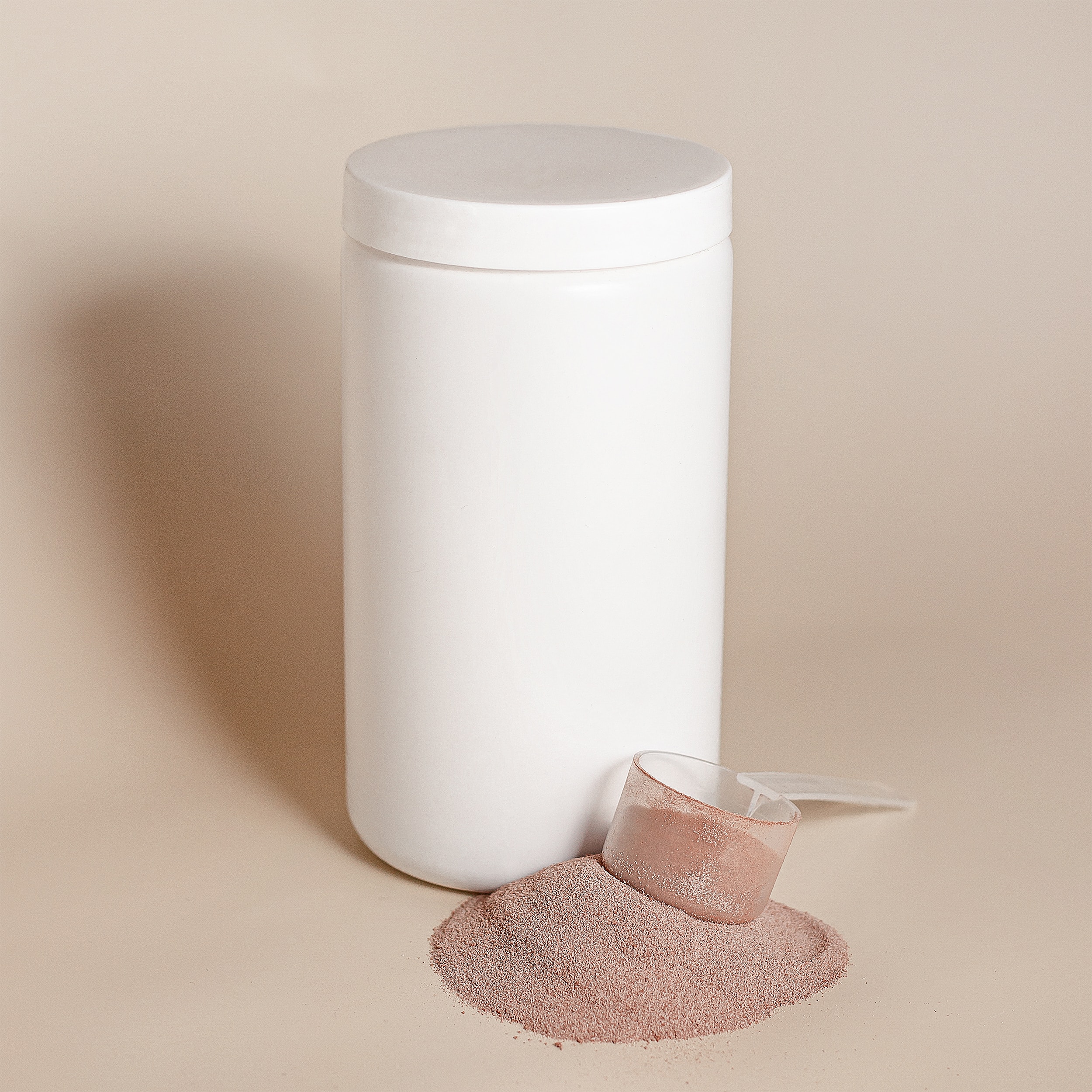
Is air pollution linked to hair loss?
10th February 2020
We all know the damage that air pollution can do to our overall health, especially to our respiratory system. However, research suggests that dirty air might also have a more visible impact – it might be causing hair loss.
It’s thought that exposure to common pollutants may be the culprit. Researchers found that when cells on the scalp were in close proximity to dust and diesel for 24 hours, the levels of the protein responsible for hair growth decreased significantly. Scientists noted that the more pollutants the hair cells were exposed to, the bigger the impact on the protein levels. And, of course, in order to grow healthy hair, the scalp also needs to be healthy, but if it’s damaged by air pollution the hair follicles can also be affected.
It’s important to note that the research was carried out in a lab, with a full day’s worth of exposure – it doesn’t show exactly how pollutants will affect the hair in daily life. In any area where there are cars – not just busy cities – particulate matter in the air such as metal deposits cling to the hair, making it drier, dull and unmanageable. So, how can we protect against the damage?
Just as we wouldn’t go to sleep without washing the day’s grime off our skin, the same should apply to our hair. Regularly washing hair with a good-quality shampoo will help to keep the scalp clean and free of pollutants. If you’re going to somewhere with high levels of pollution, a hat can be a good way of protecting your hair from airborne particles – it can help to shield your scalp from UV rays, too, which will further aid your scalp’s health.
As pollution can be so drying, invest in a good deep conditioner to keep your hair hydrated, especially if you regularly use hot styling tools or dye on your hair, as these can also damage and break the hair.
There may be some evidence that air pollution could be linked to hair loss, as published in our co-authored peer reviewed research papers on this subject a few years ago; see Journal of Investigative Dermatology 2015, and later in Journal of Investigative Dermatology 2017. However, if you’re noticing that it’s shedding more than normal, there are likely to be other factors at play – our team are happy to discuss your concerns and help you find a solution.


